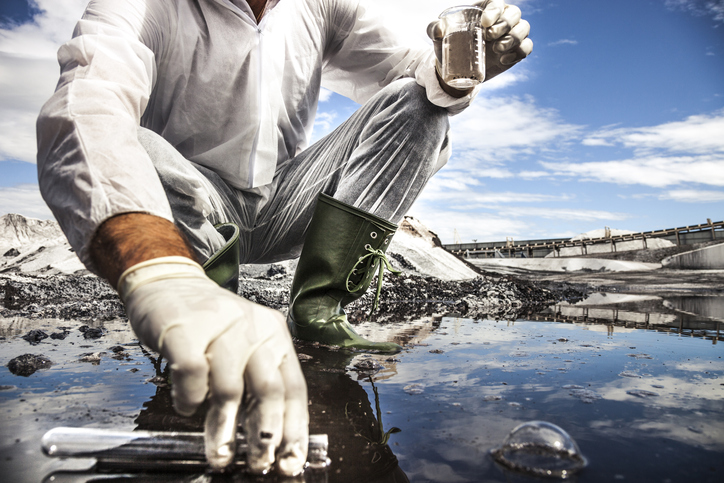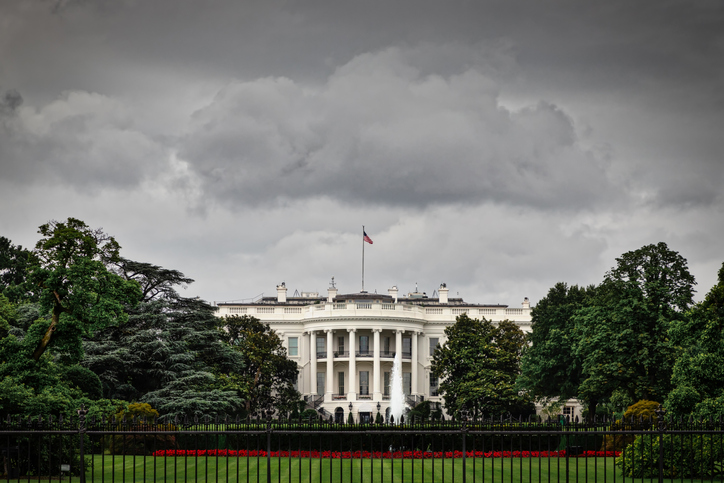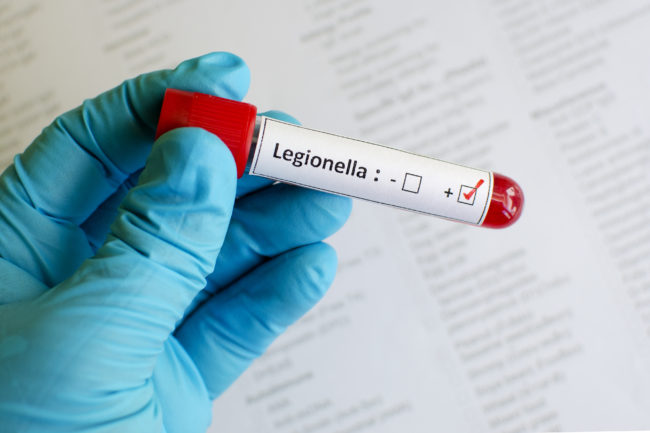The California Air Resources Board (CARB) adopted a rule on June 25, 2020, setting a deadline of 2045 for all trucks sold in California to be zero-emission models. The rule is the first of its kind in the United States. Globally, the rule represents one of the most ambitious efforts to date to replace diesel trucks with battery-powered and other zero-emission vehicles.
“It is clear this is the first of its kind in the world,” said California Air Resources Board Chairwoman Mary Nichols. “It’s part …
Continue Reading









